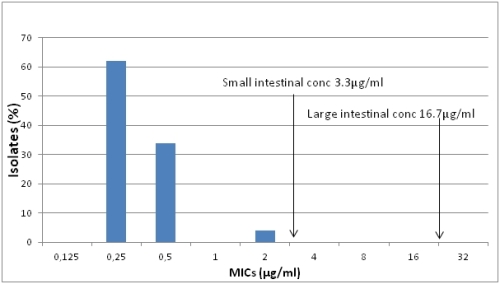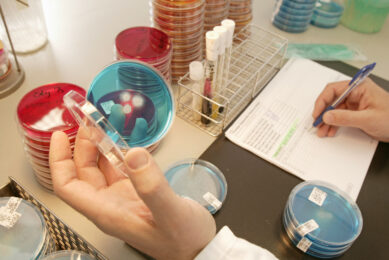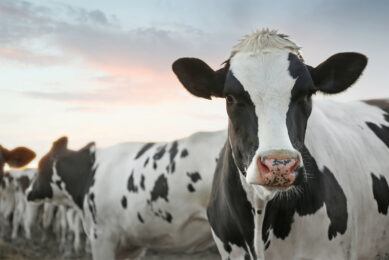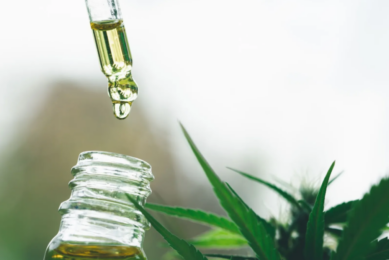Prophylactic use of antimicrobial drugs

It always worries me when politicians make generalised statements about technical matters, like the banning of the prophylactic use of antimicrobials in agriculture, which has recently come from the European Parliament, when you expect they have no practical experience of managing a pig farm and probably have never even visited one.
Are they going to ban the prophylactic use of antimicrobials in human medicine as well, I suspect not?
What about the use of prophylactic anti-malarial medicines or the prophylactic use of penicillins or cephalosporins when there is an outbreak of meningococcal meningitis in schools or colleges, or the prophylactic use of cephalosporins just prior to orthopaedic surgery to prevent surgical infections, is there any real difference from veterinary use?
Guarding health and welfare
Man decided to domesticate pigs to improve the supply of meat. We have a responsibility therefore to guard their health and welfare. In the EU we have stopped using antimicrobial growth promoters (GPs), under the ‘precautionary principle’, as the politicians considered low level use as ‘sub therapeutic levels’ of antibiotics and therefore these must be bad, as they might select for resistance and there is a potential risk that ultimately they might spread to man.
There is no real evidence that this has occurred, man is an expert in inducing resistance himself, especially in hospitals by the therapeutic use of antimicrobials.
Additionally, when they were removed from feed there was a large increase in intestinal disorders in pigs and particularly necrotic enteritis caused by Clostridium perfringens in poultry, which required extensive penicillin use to treat the disease. Growth promoters were not sub-therapeutic but were actually preventing the growth of C. perfringens (see Figure 1) – was this a bad thing?
Figure 1. Pharmacodynamic/pharmacokinetic relationship of C. perfringens and the growth promoter virginiamycin in the pig.
I suspect the EP think that prophylactic use is the use of low doses of antibiotics almost akin to growth promotion but do not realise that they prevent an infection actually developing into a full blown disease, e.g. swine dysentery caused by Brachyspira hyodysenteriae. Again, the low levels used, actually inhibit the growth of the organism, a little bit like the use of prophylactic anti-malarial drugs. However, the EP has not yet defined what they mean by prophylaxis.
High level use of antibiotics
I suspect also they do not mean to include high level use of antibiotics to stop a disease from spreading from infected contacts, like meningitis in man. We have the same situation in pig farms with streptococcal meningitis, caused by Streptococcus suis rather than Streptococcus pneumoniae in man, where we use penicillins as prophylaxis, to stop the spread of the infection on farms where we know we have the disease from previous batches.
I am sure they cannot mean that we should allow pigs to break down with the disease, lay on their side paddling and die, before the others can be treated. That is certainly not a good health strategy or good welfare and would be shameful if implemented.
Treatment at surgery
Similarly to the prophylactic use of antimicrobial treatment at surgery, if you want to get rid of infections before they manifest themselves clinically, it has been shown that the high level use of an antibiotic to eliminate an infection/contamination from man or a pig is very effective. In pig medicine, medication of a pig on entry to a finishing unit, for example, can be highly effective in the prevention of such diseases as swine dysentery, colitis and a variety of other infections.
Although the antimicrobial drugs are used prophylactically (but increasingly called metaphylactically), it is a highly efficient way of preventing subsequent infections, which might require repeated treatments in the face of clinical disease and a much greater chance of resistance induction.
I hope that the EP and European commission and Member States’ governments will talk to the veterinary profession and consult them regarding the efficient and effective use of medication in production animals before introducing laws which will have a negative impact on the health and welfare of the animals under our veterinary care.











